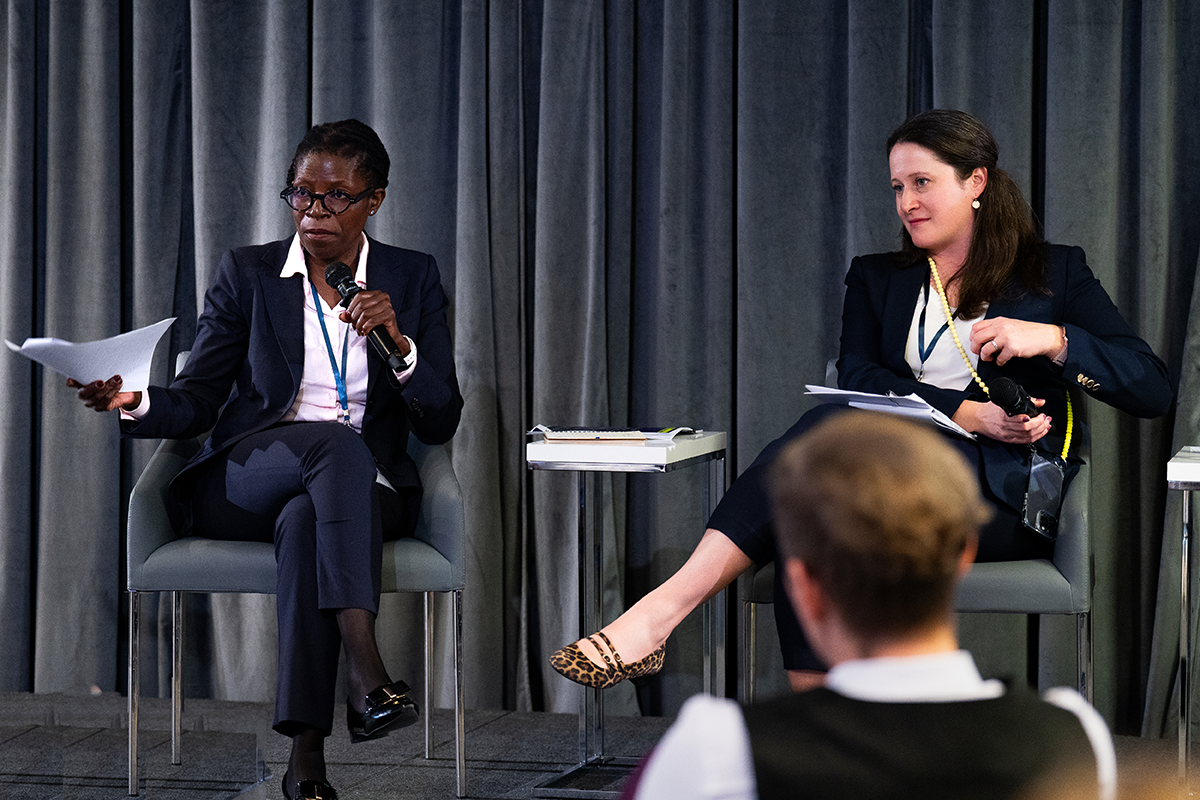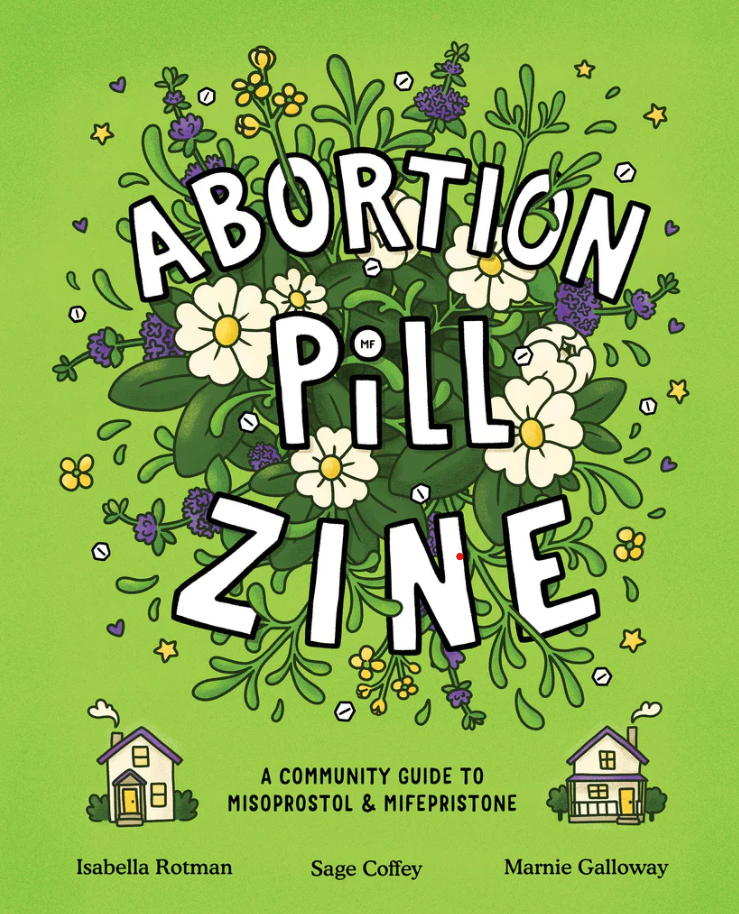From Our Leadership
The first 100 days of a US presidential administration typically offer a glimpse into how the new head of state plans to govern. Since his inauguration on January 20, President Trump has shown, indisputably, that his will be a most challenging second term. His barrage of executive orders and policy mandates has caused chaos across sectors. His efforts to dismantle government and his attacks on democratic norms will have dire consequences throughout the nation and around the world.

Sexual and reproductive health and rights (SRHR) were targeted on day one, when an executive order froze US foreign aid funding family planning programs worldwide; another declared the existence of only two sexes, “male and female”; and reproductiverights.gov, a government website that provided information on reproductive health care, was shut down. Within days, the administration had reinstated the so-called global gag rule, defunded UN agencies working on SRHR and started scrubbing reproductive and sexual health information from multiple government websites.
In the ensuing weeks, the administration accelerated and amplified its onslaught. It deleted public data, including some CDC data sets on reproductive health, terminated long-standing research initiatives, such as the Demographic and Health Surveys Program, and canceled National Institutes of Health grants funding reproductive health research. More recently, the administration eviscerated federal health agencies and targeted Title X, the country’s only program providing family planning services to people with low incomes. All of these actions make scientific research more challenging. But they also make Guttmacher’s research on sexual and reproductive health more critical than ever.
We’ve released evidence of national and global impacts of the administration’s actions, connected with partners worldwide to discuss emerging risks and strategized to protect important research initiatives. We updated our official position on state abortion reporting, described in our Behind the Scenes feature below. We’ve also disseminated our evidence far and wide in an effort to stop harmful policies and protect essential programs, whether by garnering media coverage, briefing legislators and government officials, or equipping advocates with timely information.
One hundred days in, the new administration has demonstrated its animosity toward science, its disdain for public health and its zealous targeting of reproductive rights. The four years ahead promise to be tough. We promise a tenacious and determined evidence-based defense.
In solidarity,
Destiny Lopez and Jonathan Wittenberg
Co-Presidents and CEOs





